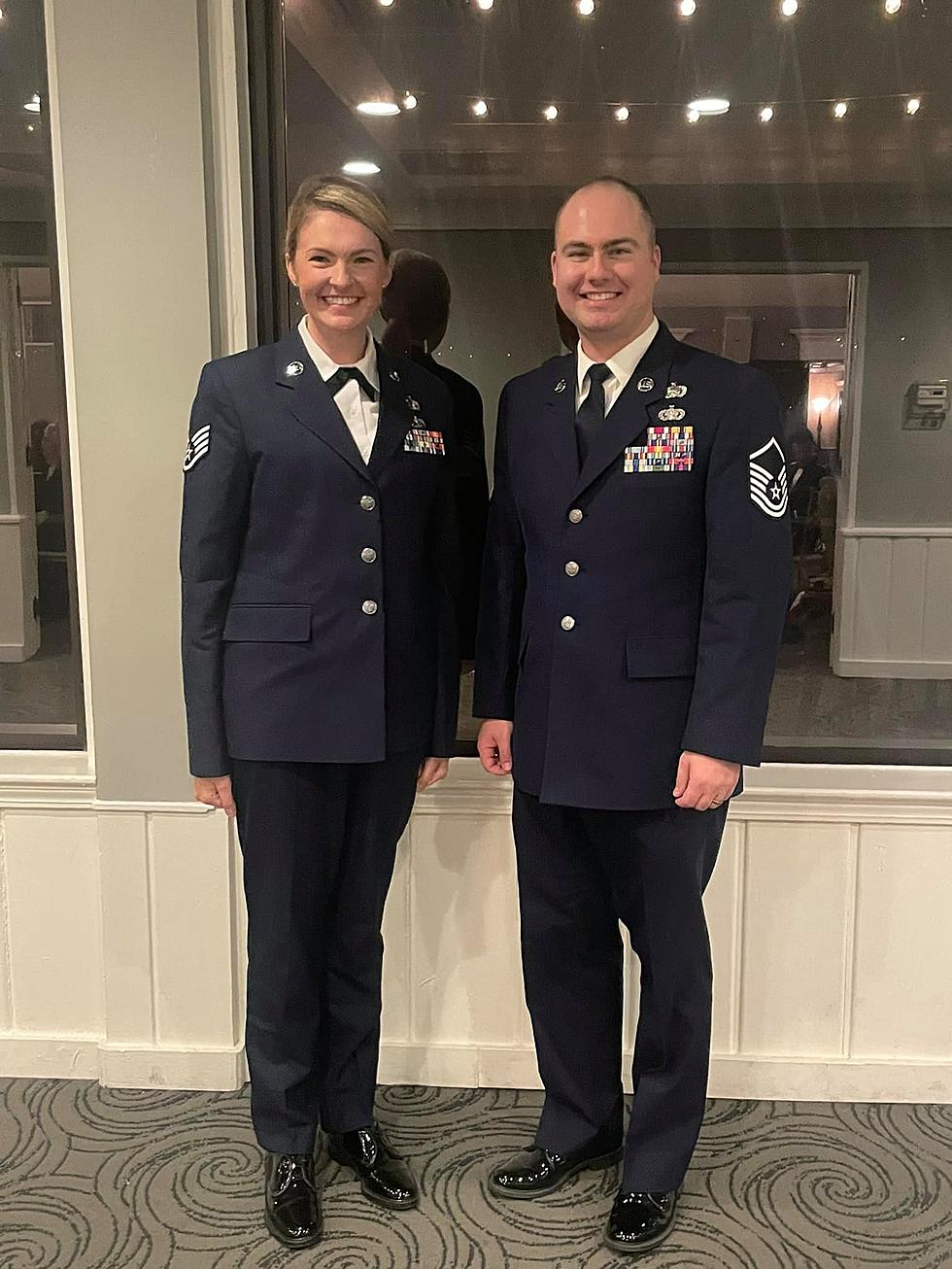
Missouri Medical School Fights Opioid Crisis With Training
The University of Missouri's medical school is working to make sure students train to be responsible doctors in the face of the nationwide opioid crisis.
Lucas Buffaloe is an assistant professor of clinical family and community medicine at the MU School of Medicine. He lectures on opioids, their effects on the brain and how patients develop addictions, the Columbia Missourian reported .
"What we've tried to do in response to the current opioid epidemic is be much more thoughtful about how students are trained," Buffaloe said.
New training involves making sure doctors prescribe responsibly and that all students receive a formal education on how to properly prescribe opioids and watch for signs of addiction, Buffaloe said.
"We've had an opiate lecture every eight weeks since halfway through our second year," said Spencer Lambdin, a third-year medical student. "Every rotation, it seems, has had an opiate talk."
The increased attention to how medical students are trained stems from the rise in opioid-related deaths. Opioid overdoses in the Midwest increased by 70 percent from July 2016 to September 2017, according to a recent report from the Centers for Disease Control and Prevention. More than 900 people in Missouri alone died from an opioid overdose in 2016, according to the state Department of Health and Senior Services.
The only training that medical students previously received in opioid prescription came from watching other doctors, Buffaloe said. But because prescription practices varied for each doctor, there was little consistency in what students learned.
"I think what we're doing now at the medical school is really going to make an impact in terms of future prescribing practices," he said. "It's a big improvement to how students learned about pain medications in the past."
More From AM 1050 KSIS









